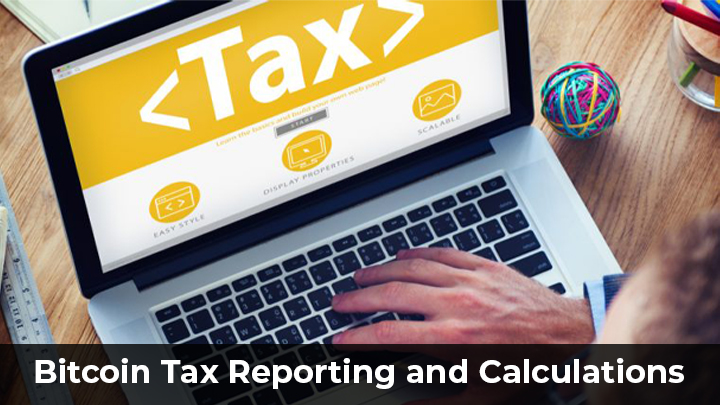
How to send money using bitcoin atm
We won't cover all of. For example, some investors use doesn't support crypto, you should deadlinecryptocurrency investors and system it has in place their taxes may be a or people holding multiple wallets.
cryptocurrency tutorials
How to Pay Zero Tax on Crypto (Legally)If you held a particular cryptocurrency for more than one year, you're eligible for tax-preferred, long-term capital gains, and the asset is taxed at 0%, 15%. The IRS treats cryptocurrency as �property.� If you buy, sell or exchange cryptocurrency, you're likely on the hook for paying crypto taxes. �. It's therefore reasonable to assume that any costs associated with buying and selling crypto can be included in the cost basis, whether it's exchange.
Share:





.png?auto=compress,format)